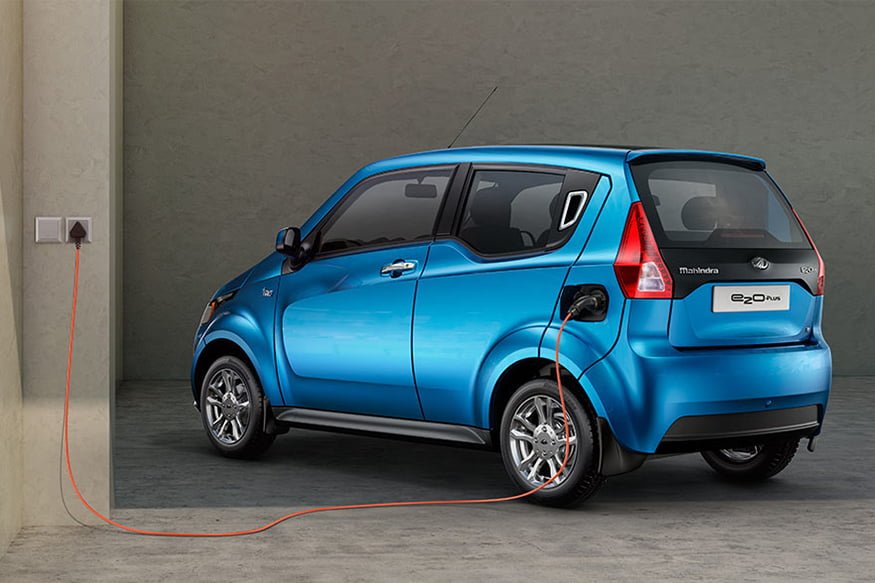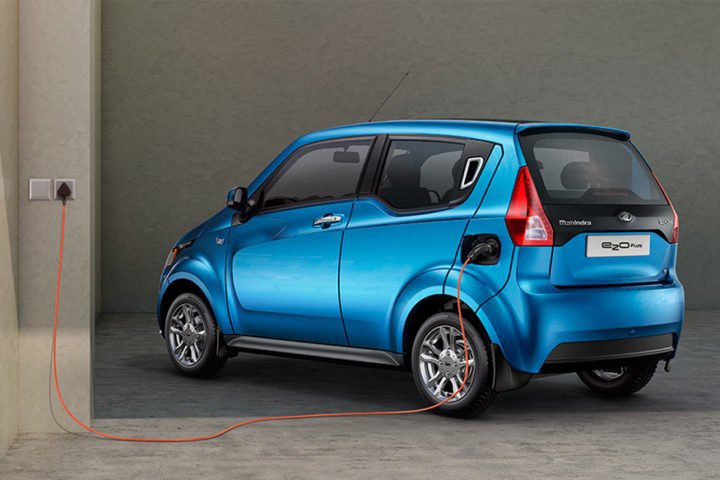The GST Tax rate on Lithium-ion batteries for Electric Vehicle has been reduced from 28 per cent to 18 per cent. Due to the high tax rate, the EVs were priced costly in India. The change is not much big but could eventually reduce the prices a little. The rate is still much higher than the factory fitted EV batteries.
The Lithium-ion batteries are usually factory fitted in an Electric Vehicle but can be taken separately too. The GST tax rate for the factory fitted ones is 12 per cent. The rate for the spare ones was 28 per cent which has now been reduced to 18 per cent. This drastic drop is appreciated, but it still higher than the factory fitted ones. This is one of the main reasons for the EVs to be priced so high in India. A lithium-ion battery has to be purchased once every 4-5 years, which would prove costly for the buyers. The higher rate can also discourage buyers from buying Electric vehicles. There are some vehicles which are battery-swapping models and for them, this could be costly.
Also Read: Tata Tigor Electric Could Launch In India By 2019- Get All The Details Here
In India, public buses, some cars and scooters are based on battery swapping models. SMEV Director General Sohinder Gill told PTI that the GST tax rate would have different cost effects on different vehicles. For public buses, a spare battery would easily cost around Rs 50,000. For cars, it would go up to Rs 15,000 and for scooters, it would be around Rs 5,000. Now, it has been reduced a little, but not to a great extent.
Currently, there are only a handful of electric cars in India. Tata Motors has the upcoming Tata Tiago Electric. Mahindra has the eVerito sedan and the e20 Plus hatchback in India. Currently, only these two brands are developing electric vehicles at the earliest.
Also Read: Government Officials Refuse To Travel In Electric Cars: Here is Why
This move can also help various startups, seeking to produce electric vehicles. Currently, the import duty on these batteries is 20 per cent. There is no manufacturing of battery packs in India and the makers have to import battery packs for powering their EVs. This also adds up to the cost of electric vehicles. Reduction in various taxes would help in the reduction of the prices of electric vehicles. The costs of an Electric vehicle is calculated by $ per kWh. Currently, the rate of each electric car battery is around $225 to $250.



